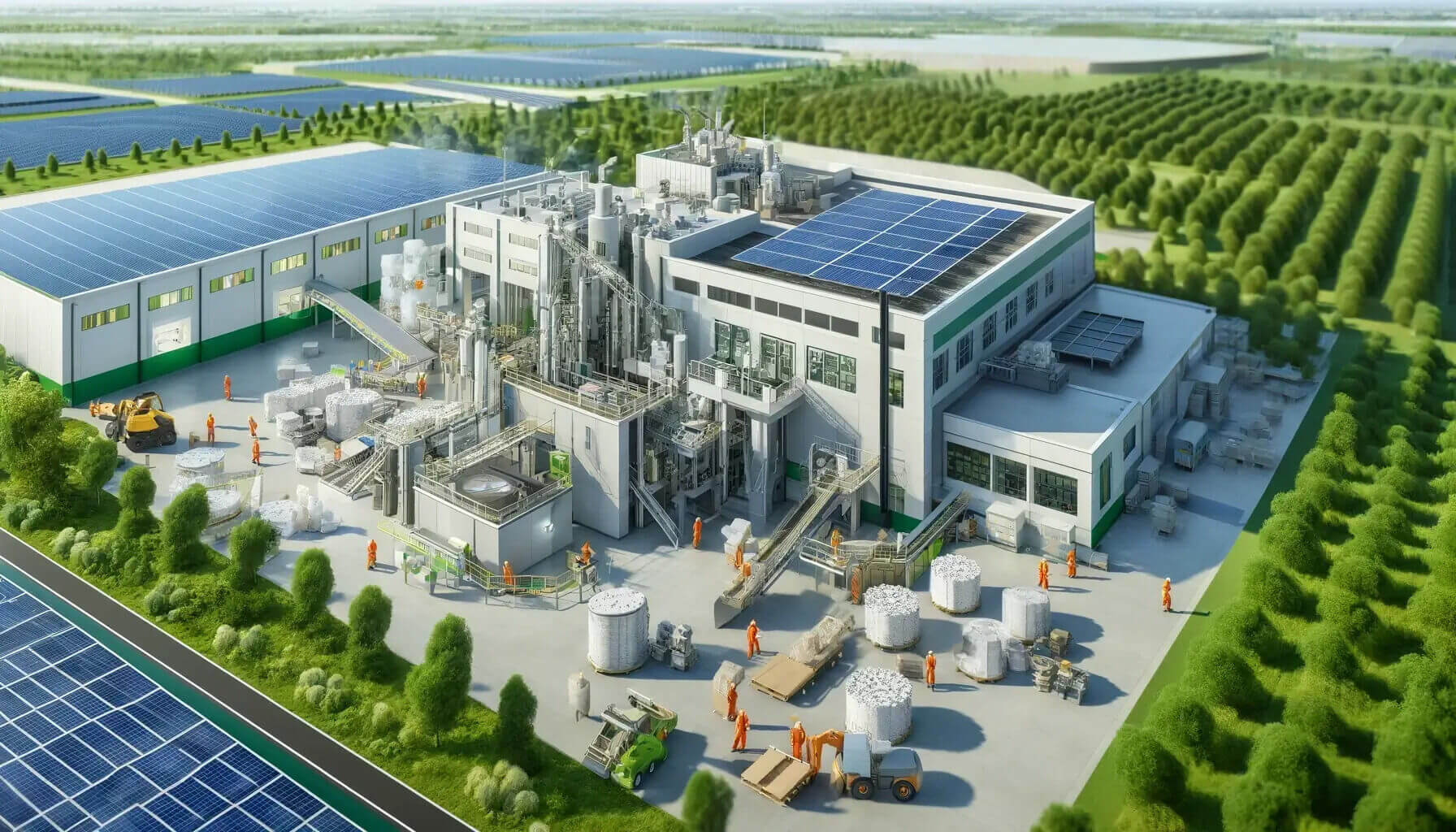Challenges of the packaging industry
The broader packaging industry is struggling to reduce greenhouse gas emissions. Despite the difficulties, from 2018 to 2021, the carton sector has reduced emissions by 24%, mainly through a 17% reduction in fossil fuel emissions. The glass industry is working to introduce hybrid electric furnaces that can reduce CO2 emissions by up to 50%. The plastics industry, on the other hand, is focusing on increasing recycling and the use of recycled materials to enhance sustainability. The goal on the road to climate neutrality is to further improve resource efficiency and increase the use of renewable energy sources.
The role of modern technology
Modern technologies are playing a key role in the transformation of the packaging industry. The implementation of advanced technological solutions allows to improve operational efficiency, reduce costs and minimize environmental impact. Technologies such as artificial intelligence, robotics and digitization enable companies to adapt faster and more accurately to changing market and consumer demands, which is key to staying competitive and sustainable.
Use of artificial intelligence and automation
Technologies such as artificial intelligence and robotics are playing an increasingly important role in optimizing manufacturing processes. Integrating these technologies reduces waste and increases production precision. For example, companies can now create more sustainable packaging using intelligent systems that minimize material consumption and improve production efficiency (
👉 Record Packaging).
Digitization and transparency
Digitalization in the packaging industry is also growing in importance. Packaging equipped with smart labels and IoT technologies allows consumers to track product origin and recycling instructions. Such solutions increase consumer trust and brand loyalty
(👉 Record Packaging and
👉 Circular Online).These innovations enable the packaging industry to respond effectively to changing consumer needs and environmental challenges while increasing its operational efficiency.
BosPal Perspective
BosPal, a manufacturer of
pressed wood pallets, contributes to environmental protection by introducing innovative technologies. Our pallets are lighter, leading to lower transportation costs and lower CO2 emissions. Verzalite technology makes it possible to produce durable, environmentally friendly pallets from wood waste, reducing the use of primary raw materials.
Environmental and economic benefits
Modern
pallet manufacturing technologies, such as the verzalite process, bring many environmental and economic benefits. Using recycled wood reduces the need for virgin raw materials and reduces waste. In addition, presswood pallets are fully recyclable, further reducing their environmental impact.
Development directions of the industry
The pursuit of climate neutrality requires continued innovation and investment. The packaging industry and other sectors are taking steps to implement more sustainable solutions. BosPal is actively involved in finding and implementing such innovations, contributing to the sustainable development of the logistics industry.For more information about our green products and technologies, please visit our
website. We believe that together we can achieve climate neutrality and create a better future for all of us.



